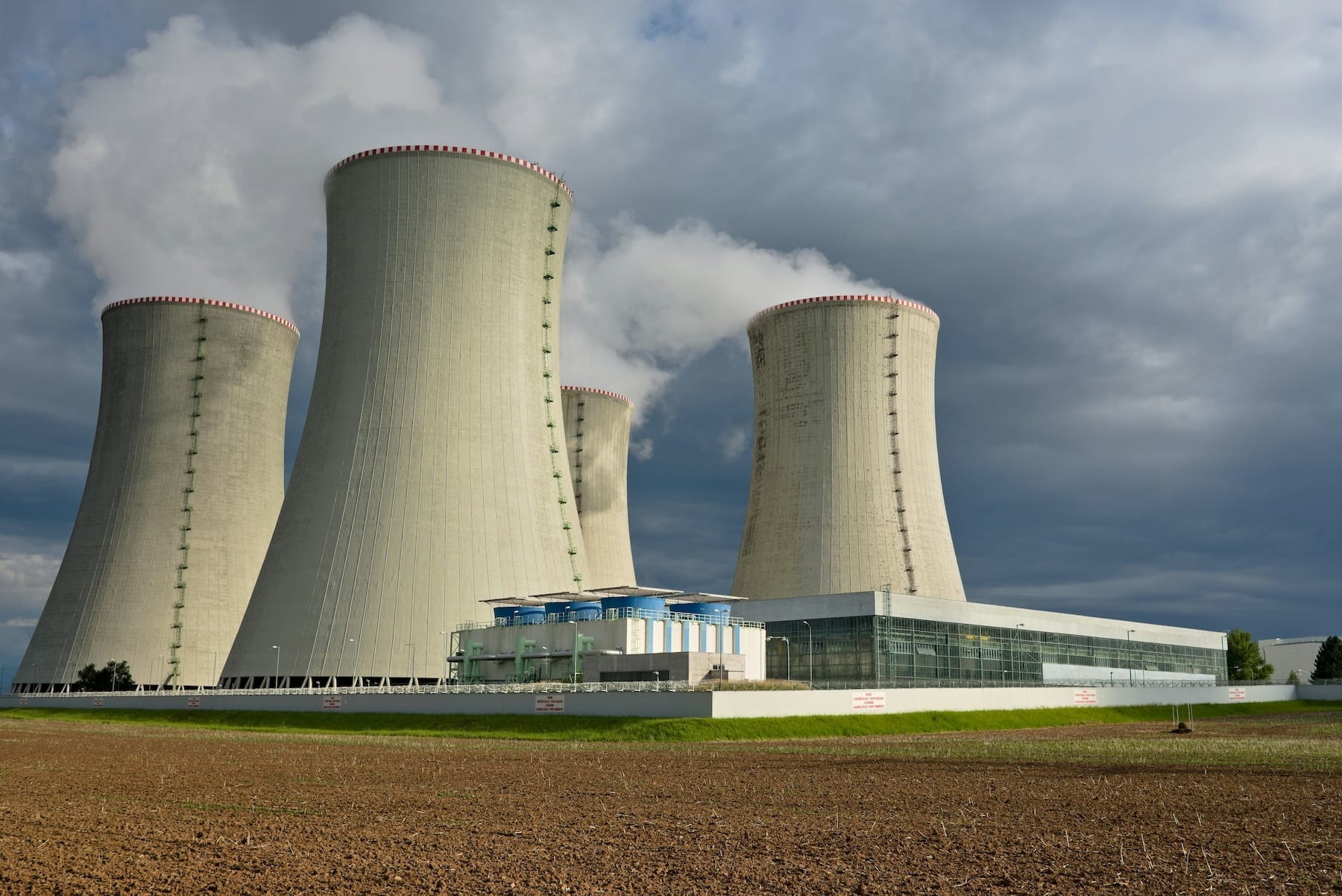Google has taken an unprecedented step in its commitment to sustainability and artificial intelligence by signing a groundbreaking agreement to use carbon-free nuclear energy produced by seven new Small Modular Reactors (SMRs). These reactors, developed by nuclear energy startup Kairos Power, are more cost-effective and efficient than traditional commercial-scale nuclear reactors, and will be key to powering the company’s artificial intelligence data centers, accelerating the energy transition in the United States, and “unlocking the full potential of AI for everyone.”
Google will support the construction of these seven SMRs, which are expected to provide 500 megawatts of carbon-free electricity. The first of these reactors is scheduled to start operating in 2030, with the others completed by 2035. This commitment to nuclear energy positions Google at the forefront of innovation in energy sustainability, aiming to reduce the environmental impact of its growing data processing needs driven by AI.
Small Modular Reactors: the next generation of nuclear energy
SMRs represent a significant evolution in nuclear technology. Unlike conventional nuclear reactors, these modular reactors are smaller, less expensive, and faster to build, making them an attractive solution for the transition to clean energy. Although Kairos Power’s plans have not yet been approved by the U.S. Nuclear Regulatory Commission and local agencies, the company has received a permit (the first in over 50 years) that allows it to progress in the construction of this new type of reactor.
Nuclear energy is seen by Google as a fundamental tool for meeting the increasing energy demand of its data centers, especially at a time when AI advancements are driving unprecedented energy consumption. Currently, data centers consume around 3% of global electricity, and this consumption is expected to double by 2030, making it crucial to find sustainable and secure energy sources.
Google’s commitment to clean energy and AI
While Google has not disclosed financial details of the agreement or specified the locations where the SMRs will be built, its initiative follows in the footsteps of other tech giants like Microsoft and Amazon. Last month, Microsoft announced a collaboration with Constellation Energy to restart a reactor at the site of the infamous Three Mile Island, closed since 2019. Meanwhile, Amazon confirmed in March of this year that it is building a 486-acre data center powered by nuclear energy in Pennsylvania for its AI operations over the next 20 years.
With this move, Google reinforces its commitment to sustainability and technological innovation, demonstrating that the future of artificial intelligence and the environment can go hand in hand. Nuclear energy, as a source of clean and stable electricity, emerges as the key to sustaining the exponential growth of data centers and AI systems, while minimizing carbon footprint.
The construction of SMRs and their connection to Google’s data centers will not only enable efficient and consistent access to energy but also contribute to the transition to a more sustainable energy model in the United States, one of the world’s largest energy consumers.
Another step towards the future
Google is thus joining a select group of tech giants who are embracing nuclear energy as part of their strategy to address the energy challenges of the future. As artificial intelligence becomes a fundamental technology in all sectors, from medicine to logistics, the need for a robust, efficient, and clean energy infrastructure is more urgent than ever.
Google’s decision to embrace nuclear energy with small modular reactors has positive implications for its own energy footprint and sets a precedent for other tech companies looking to balance innovation with sustainability.

